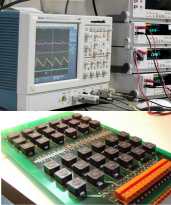
The Centre of Industrial Electronics (CEI) is a research centre at the Universidad Politécnica de Madrid (UPM) created to generate knowledge and develop applications related to Industrial Electronics in cooperation with industrial partners.
CEI activities focus on electronic system designs, both analog and digital. Research lines are related to power electronics, power quality and embedded systems.
The centre participates in many projects with competitive public funding (7 Framework Programm, JTIs, Plan Nacional, CENIT, Avanza I+D, INNPACTO, etc). CEI is recognised for the large number of direct collaborations with the industry and its international projection.
The activities of CEI-UPM are driven by research projects, normally executed in cooperation with other institutions, Universities, research centers and industry. Our main research lines are:
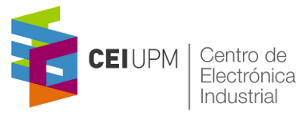


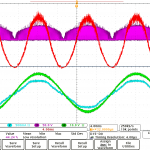 Power Electronics activities at CEI are related to Power Supply Systems of any nature, ranging from low power (5mW) cochlear implants to high power (100kW) X-ray applications. Most of the activities deal with DC-DC, AC-DC or DC-AC conversion in the range of tens of watts to tens of kilowatts. The traditional research areas of the center are: power electronics conversion, power supply systems, power management, energy efficiency, non-linear control, modelling and simulation of magnetic components, converters and systems. These research activities are developed for different sectors: industrial, automotive, aerospace, aeronautics and health.
Power Electronics activities at CEI are related to Power Supply Systems of any nature, ranging from low power (5mW) cochlear implants to high power (100kW) X-ray applications. Most of the activities deal with DC-DC, AC-DC or DC-AC conversion in the range of tens of watts to tens of kilowatts. The traditional research areas of the center are: power electronics conversion, power supply systems, power management, energy efficiency, non-linear control, modelling and simulation of magnetic components, converters and systems. These research activities are developed for different sectors: industrial, automotive, aerospace, aeronautics and health.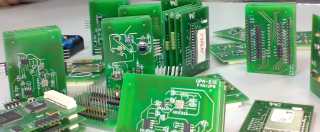
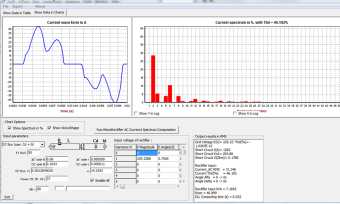
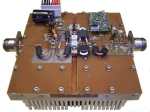 The main research lines of the Radio Engineering Group are the following few ones:
The main research lines of the Radio Engineering Group are the following few ones: